Senegal
Senegal's only female presidential candidate may stand little to no chance of winning in Sunday's election, but activists say her presence alone is helping to advance a decadeslong campaign to achieve gender equality in the West African nation.
Anta Babacar Ngom, a 40-year-old business executive, is a voice for both women and young people — groups hit hard by the country's economic troubles, widespread unemployment and rising prices. She has promised to create millions of jobs and a bank for women to support their economic independence.
"Our country has enormous potential. The natural resources are there, and they can be developed," she told The Associated Press in a recent interview. "The young girls I meet ask for my support. They do so because they know that when a woman comes to power, she will put an end to their suffering. I'm not going to forget them."
Few expect Ngom to emerge among the leading candidates for the presidency, but activists say the fact that a woman has made it to the presidential race for the first time in years reflects how women are inching ahead in the struggle for equality.
"We have to be there, even if we don't stand a chance," said Selly Ba, an activist and sociologist. "We don't stand a chance in these elections. But it's important that we have women candidates, women who are in the race."
Ngom is the first female candidate to run for president in over a decade, reflecting how progress has been frustratingly slow in the minds of activists who say there has been a reversal among young people toward more traditional views of the roles of women in society.
The divided views over evolving traditional values and norms are emerging on social media. Popular accounts, often Senegalese posting from abroad where there is more freedom to speak out, debate taboo topics like sex before marriage and whether polygamy is fair.
One TikTok user, who goes by the name Ngo Keĩta, plays the role of a popular agony aunt, posting clips in Wolof, the language spoken most widely in Senegal. One clip with over 2 million views describes a bitter feud between a woman and her husband in a polygamous marriage, and invites followers to comment.
Ngo Keĩta did not respond to a written request for comment from the AP.
Some young women in Senegal are returning to the traditional notion of marriage, said Marième Wone Ly, the first woman to lead a political party in Senegal over two decades ago.
"We have to be very careful. There is a certain regression," she said, referring to how erroneous interpretations of Islam can act against the forces of progress toward equality. "We've gone backwards a bit despite parity."
Through the 1990s, Senegalese women mobilized through grassroots organizations. The country appointed its first female prime minister in 2001, and in 2010 a law that required all political parties to introduce gender parity in electoral lists helped to drive up female participation in politics.
"Women's rights have evolved at the political level over the last 10 years and particularly since the gender parity law came into force," said Bousso Sambe, a former parliamentarian, adding that women have yet to systemically take advantage of the law.
In 2012, two women ran for president, and while they earned less than 1% of the vote each, analysts say their participation was important. Women in Senegal now make up more than 40% of parliament, one of the highest levels of representation in Africa.
"It's crucial to strike a balance between modern evolution and respect for our customs. Women must be able to express themselves without hindrance while preserving our cultural identity and valuing the traditional values that have shaped our society," Ngom told the AP.
Ngom — who runs her family's food company — has made the economy a focus of her campaign, which most analysts agree is a key concern for the population. Economic hardship has driven thousands of Senegalese to attempt dangerous journeys in search of a better life in the West.
Ngom's supporters say they are proud to back a female candidate and hopeful for a change in the next government.
"Our children are dying at sea because of unemployment and job insecurity. Unemployment is endemic. Women are tired," activist Aicha Ba said at a recent rally in support of Ngom.




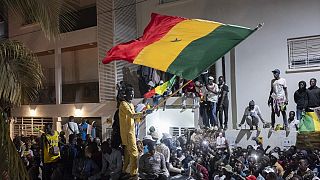
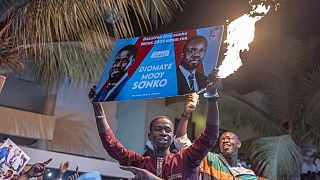
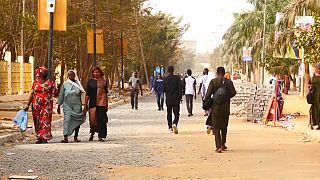
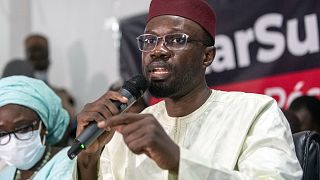
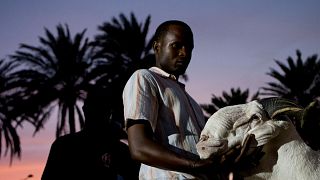
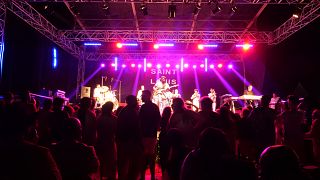



02:55
In Cameroon, Paul Biya's candidacy divides his party
01:18
SA athlete Semenya did not receive fair trial, ECHR rules
02:21
Ivorian diaspora in Paris demands free and inclusive elections ahead of October vote
00:58
Senegalese PM Sonko says international order is shifting to a more balanced, multilateral world
01:04
Senegal ditches Akon's 'unrealistic' city project
01:30
Nigerian singer Tems launches Leading Vibe Initiative to support women in music